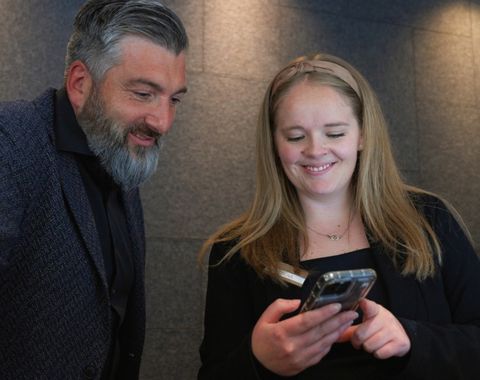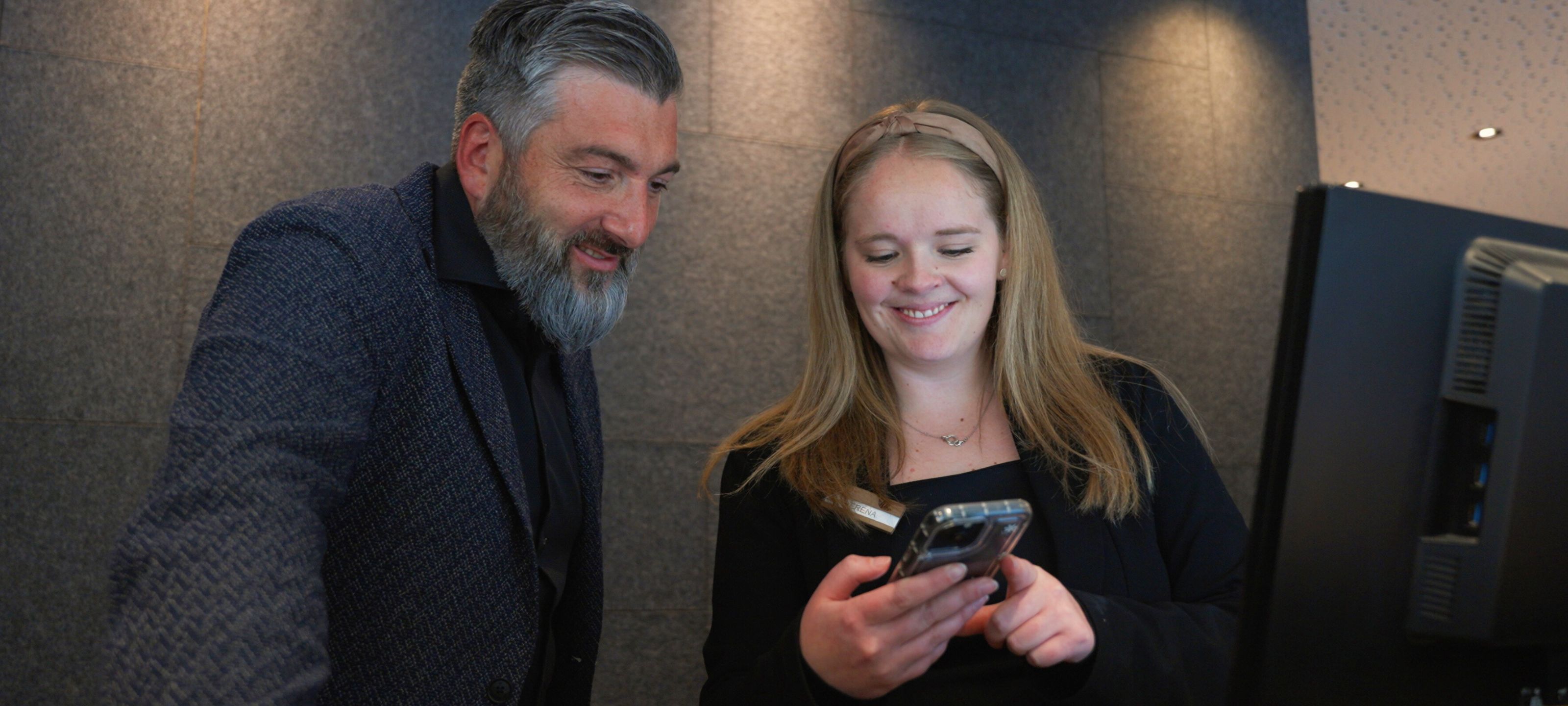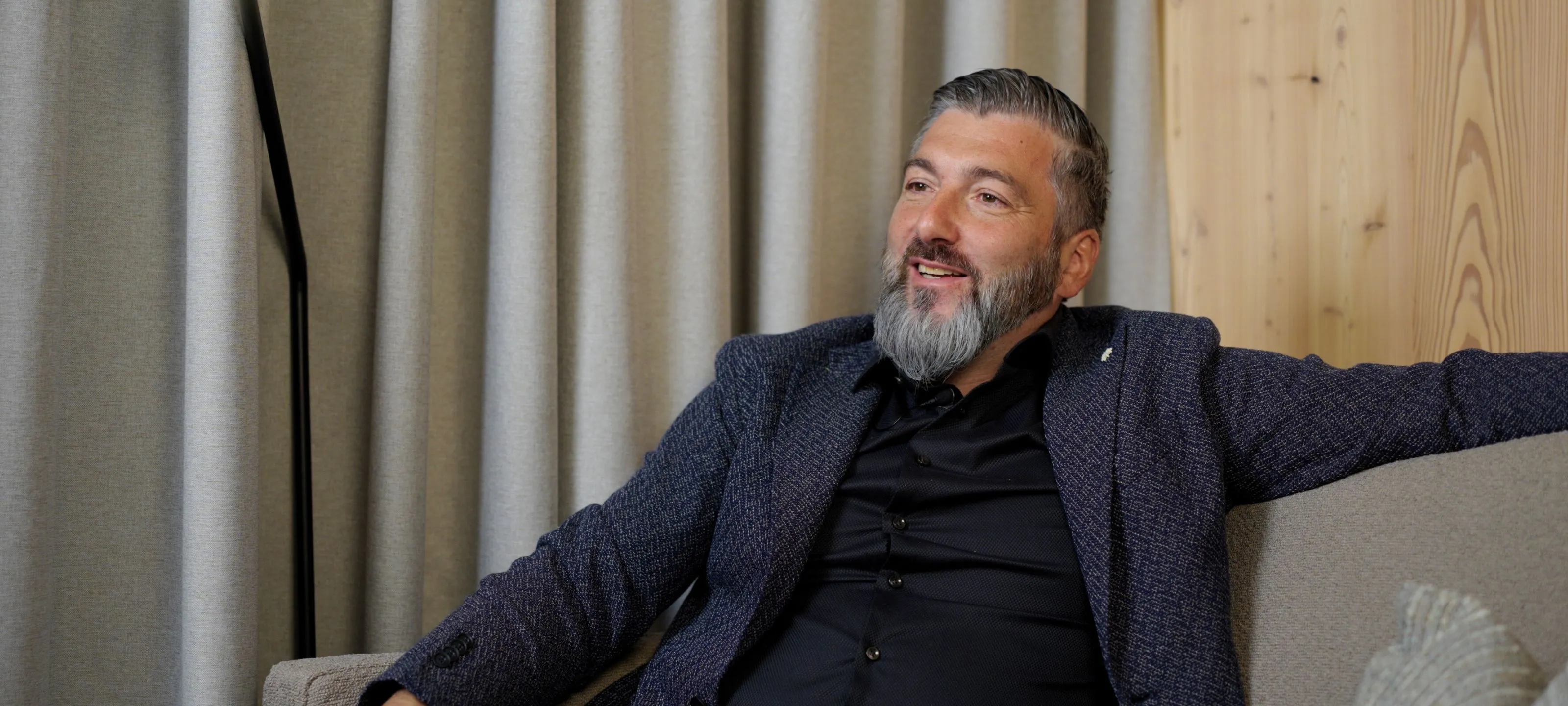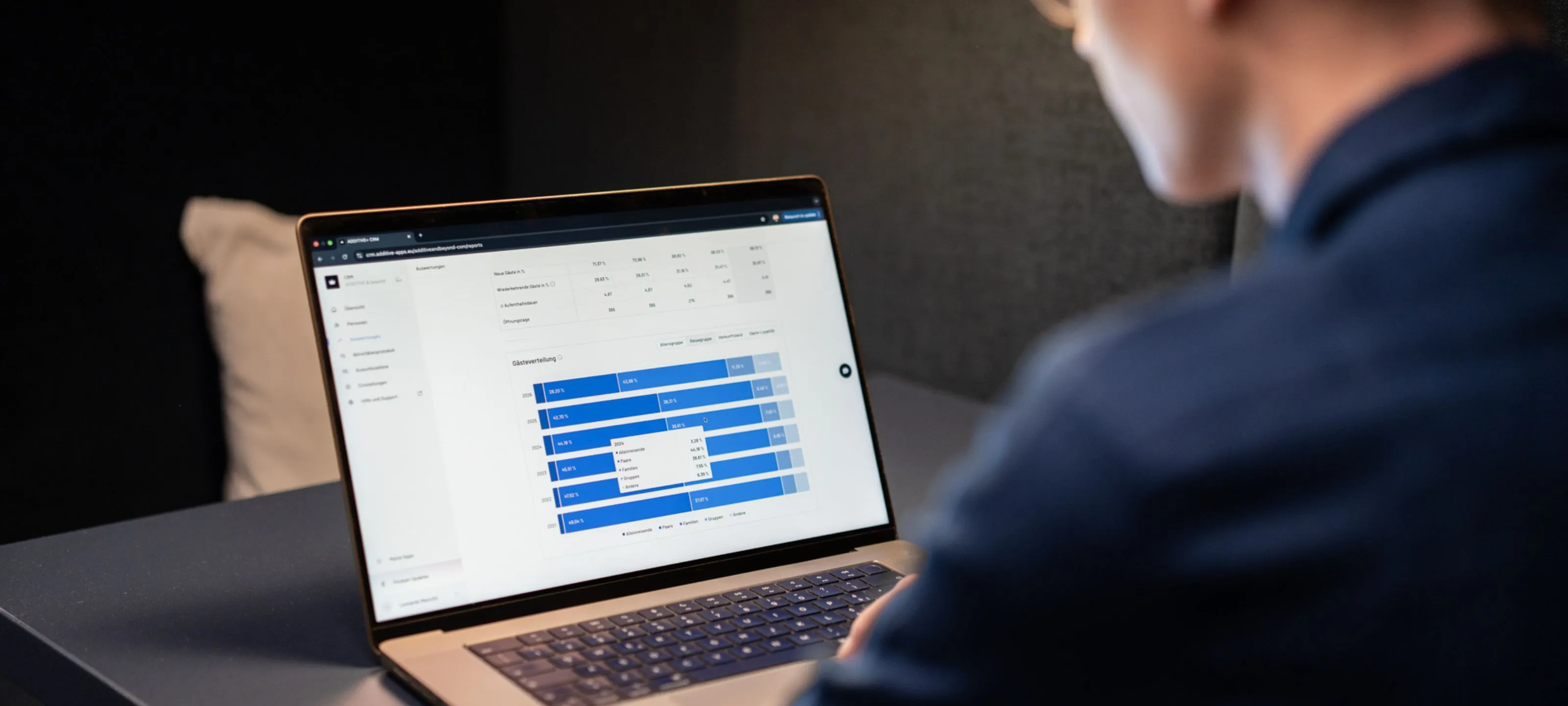
In Conversation with Dr. Christoph Engl, Oberalp Group AG

Dr. Christoph Engl discusses the innovative approaches of the Oberalp Group in tourism and sports. Learn how companies can successfully implement digital transformation and marketing strategies.
Brand Building with Dr. Christoph Engl
<div class="article_quote is-img">
<img
src="https://cdn.prod.website-files.com/673f1b4d7fc04861927e7983/67c800567b67305948a26431_800x800px%20-%20Im%20Gespra%CC%88ch%20mit%20Herbert%20Steger%2C%20AMONTI%20%26%20LUNARIS%20Wellnessresort.jpg" loading="lazy" alt=""
class="article_quote_img">
<div class="article_quote_contain is-img">
<div class="article_quote_quote">
"Brands consist of intelligent content that becomes an image of desire for people." </div>
<div class="article_quote_name u-text-style-main">
Dr. Christoph Engl
</div>
</div>
</div>
Dr. Christoph Engl is a brand development specialist with many years of international experience, most recently at the BrandTrust consultancy. Prior to that, he was a director at Südtirol Marketing (SMG), where he played a key role in shaping the umbrella brand Südtirol. Since September 2018, Dr. Engl has been CEO of Oberalp Gruppe AG. The company, founded in 1981 by Heiner Oberrauch, is not only active in the development and production of mountain sports articles, but also in sports retailing and the wholesale and distribution of sports brands such as Salewa, Dynafit, Wild Country, Under Armour, Evolv or Pomoca.
<h3 class="interview-question">When it comes to brands, Dr. Engl, you are THE South Tyrolean expert. When did you develop a love for brands and how did you become a brand specialist and then go into consulting?</h3>
In 2001, I realized that normal communication and advertising were not going to get you anywhere. At that time, the whole tourist region of South Tyrol had to be brought to a new level. After the introduction of the Euro, South Tyrol had lost overnight the competitive advantage of being the cheapest holiday destination compared to its neighboring countries (Germany, Austria and Switzerland). A new method had to be found to establish this tourist destination. That's why I looked at different ways, including how brands do it. They don't just use communication, they work on the product first and foremost: setting clear boundaries, specializing in certain products and segmenting them. Brands have always done this, and I wanted to apply this method to the repositioning of South Tyrol. That's how I came up with the idea of a brand.
At the time, it was said that a destination could not be a brand because it consisted of heterogeneous products and not just one product. You can believe such a statement or you can think about whether it is really true. I decided to question it in order to realize that brands are not just a product. They are systems that can be applied to different segments if their positioning is sharp enough.
<div class="article_quote"><div class="article_quote_contain"><div class="article_quote_quote">"This is how the idea of the umbrella brand South Tyrol was born: to charge heterogeneous products with a clear story, emotionality and positioning, and this to create a sharp distinction from all other tourism products in the Alpine region."</div><div class="article_quote_name u-text-style-main">Dr. Christoph Engl</div></div></div>
<h3 class="interview-question">What makes a brand?</h3>
Brands are made up of intelligent content that becomes aspirational images for people, and they thrive on two things: Clear positioning and differentiation. First, a brand must tell customers why it exists, what its beliefs are, and why they should identify with it. Second, the brand must differentiate itself in such a way that it is sharp and stands out from all the other products, services and ideas that exist in the same segment.
Secrets to a Thriving Destination
<h3 class="interview-question">What makes the "South Tyrol" brand so successful, unique, vibrant and perceived as very resilient?</h3>
When we created the brand, we asked ourselves what the strengths of this destination were. South Tyrol should be recognizable by the way in which the theme of enjoyment is scaled here. After all, Genussland Südtirol is not only about food, but also about skiing and quality as a pleasure - and we wanted to differentiate ourselves on this element. This was consistently implemented in all areas, including architecture and design, whether in an alpine hut or a gourmet restaurant. We wanted to define enjoyment as a way of life, and we were able to bring a level to the destination that was recognizable as a brand element.
Then we began to use the theme of the climate house and our resources, such as 300 days of sunshine, the Mediterranean climate and the purity of the air, for tourism and to weave a communication out of it. It has been recognized how living space is interpreted here - how people want to live, build, eat and behave here. As a result, South Tyrol, the region of pleasure and activity, became the living space of South Tyrol - that was the evolution of the brand. This cannot be achieved by communication alone, but only by an entire industry that adheres to clear guidelines and ideas.
The same thing happened with construction and architecture. Vgilius mountain resort by Matteo Thun was the showcase project at the time for how to build living space and interpret architecture differently than people were used to. The motto was "No more of the same, please," because it's a big problem for a destination brand if you suddenly have too much homogeneity and only do the same thing. It's not about the same, it's about being different according to the same recognizable pattern.
<div class="article_quote"><div class="article_quote_contain"><div class="article_quote_quote">"Self-similarity is the driver of the brand - doing things that have a clear direction and are always similar but not the same."</div><div class="article_quote_name u-text-style-main">Dr. Christoph Engl</div></div></div>
<h3 class="interview-question">You are considered the father of the "South Tyrol" brand. Has your "child" grown up? Are you now a proud and satisfied father, or more of an admonishing one?</h3>
I am very happy with the way it has developed, although you have to give a brand the time it needs. Above all, I'm happy that we've managed to dispel the prejudice that tourism advertising and big budgets are the only reasons why people choose a destination for their holidays.
<h3 class="interview-question">You mention homogeneity and heterogeneity. How has the South Tyrol brand developed over the past few years?</h3>
Unfortunately, South Tyrol has become a little too homogeneous in recent years. The longer a brand exists, the more everything comes together, but there comes a phase when you have to segment again. If all the hotels look the same, all the programs have the same titles, and the same dishes are served everywhere because that works well, a brand will eventually lose its appeal.
<h3 class="interview-question">How did you manage to win the trust of politicians and all the top performers in the province?</h3>
It has to be said that brand statements cannot be democratized. That's why they're called statements, someone has to take a stand, you have to stand alone somewhere. Then you need the approval of the 35 percent to make everything else fall into place, and you have to work hard for that. At the beginning, there is the question: Do we even want to make a brand? You need the right people at the right time, and we had them at the right time.
Dr. Christoph Engl on the Opportunities for South Tyrol
<div class="article_quote"><div class="article_quote_contain"><div class="article_quote_quote">"A strong brand segments itself, but it can't lose the core of the brand - and that's where South Tyrol is now."</div><div class="article_quote_name u-text-style-main">Dr. Christoph Engl</div></div></div>
<h3 class="interview-question">What measures are needed in tourism to make its contribution to meeting the current global challenges in the areas of climate protection, sustainability and social responsibility?</h3>
Making South Tyrol the most desirable place to live in Europe is the right way to position it, and such a desirable place to live is expected to be sustainable. Desirability comes from mindfulness, sustainability, and the way of thinking about these things. It requires a clear vision that will serve less as a positioning element and more as a necessary criterion in the future. People assume that a country like South Tyrol, with all the opportunities it has, takes the issue of sustainability very seriously. I believe that we are not yet giving enough concrete signs of this.
We talk about sustainability, but we don't set any limits in the Dolomites World Heritage Site, for example. We solve this mostly with communication, but not with attitude, and that is a problem because you no longer feel the coherence of the brand. You can see a brand by the culture and the attitude - by the way things are done - and that has to be observable. In the most coveted living space, you have to show that you limit yourself, that you prefer alternative methods, that you interpret architecture in a certain way. If you don't have a tangible, visible, self-explanatory attitude there, it won't work.
<h3 class="interview-question">"A brand must always tell a story to create desire" is one of your credos. What is the story being told by the Oberalp Group, for which you have now been the CEO since September 2018? How do you want to continue to brand management?</h3>
By focusing even more on our brand portfolio in the future. The Oberalp brand house inspires people for the mountain and builds products that are suitable for it - across all brands. We exist because we believe that being on the mountain is the smartest and most meaningful leisure activity there is. The mountain is a "school of life" and we translate that into our products. We don't make products that don't work on the mountain, everything is rigorously tested and usable on the mountain. Our brands help people identify themselves as mountain lovers and bring our customers closer to this "mountain life experience". Within the house, we have very clear alignments of the individual brands, such as Dynafit or Salewa, with high differentiation power. This is where the brand house gets its strength, and at the moment I don't know of anyone else who does this with the same consistency with the mountain theme.
<h3 class="interview-question">Is there someone in industry, tourism, marketing, or technology that you have always wanted to meet? What would be your central question to that person?</h3>
I would love to meet Jack Ma, the founder of Alibaba, and ask him what drove him to establish a mass-market idea in a dictatorial entity like China.
<h3 class="interview-question">What do you think he would say?</h3>
I think he would say that he was not driven by ideology in his beliefs. The Chinese probably don't feel that way either. I have been to China many times and talk to our people there regularly. They feel that surveillance is a good thing, not a restriction on their freedom, because it keeps them safe. This is a cultural aspect. Europeans often think that what they perceive as freedom is the standard for the world. But for the Chinese, the cultural understanding is fundamentally different: It's not about individual freedom, it's about collective consciousness. The collective is more important than the individual, whereas here we have a very individual view of the value pyramid.







.jpg)

.jpg)



.webp)
